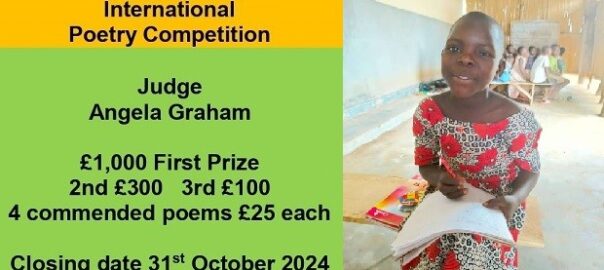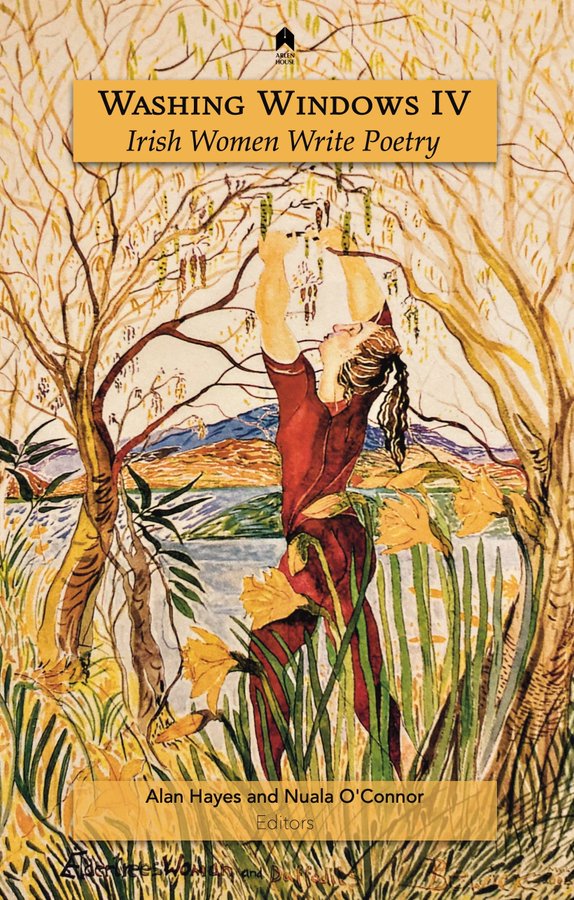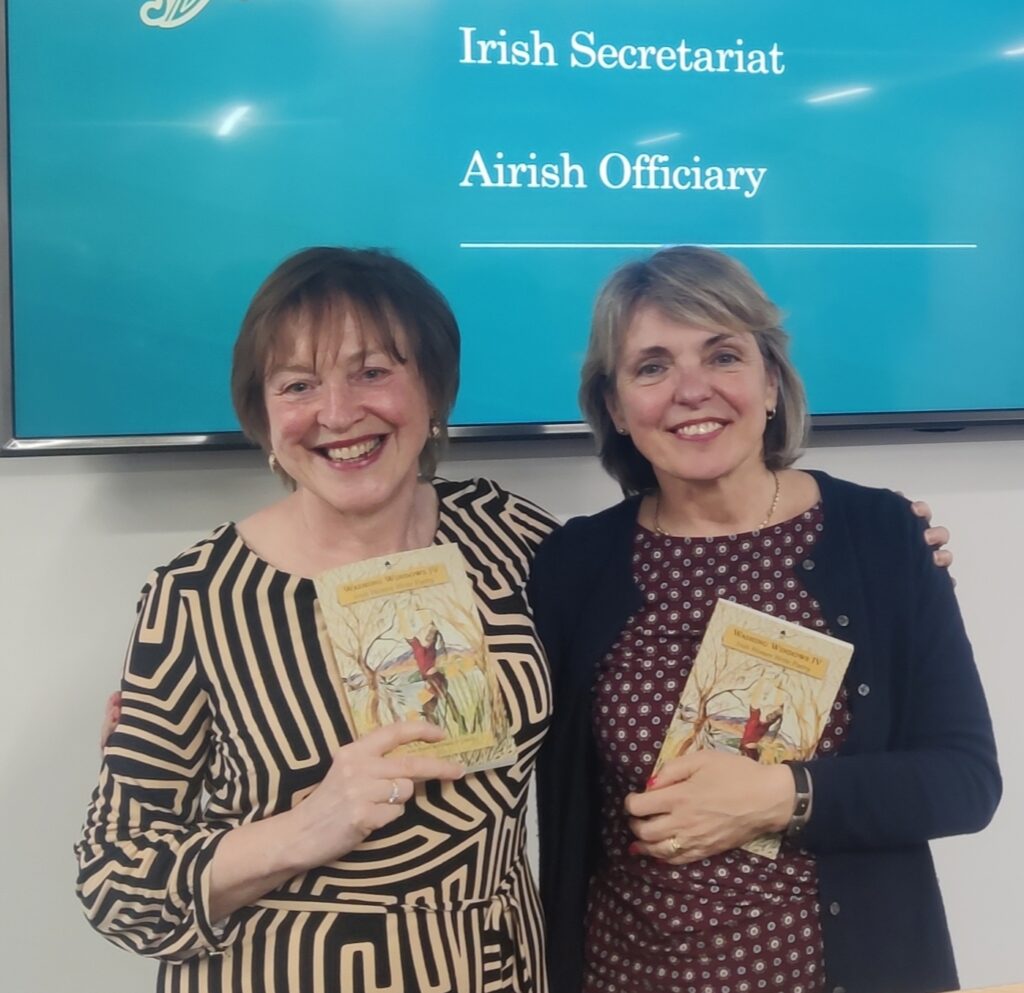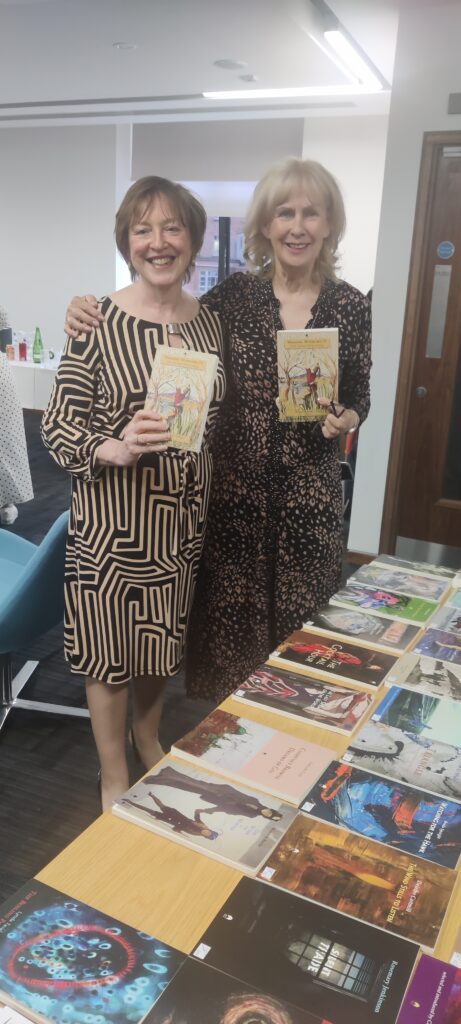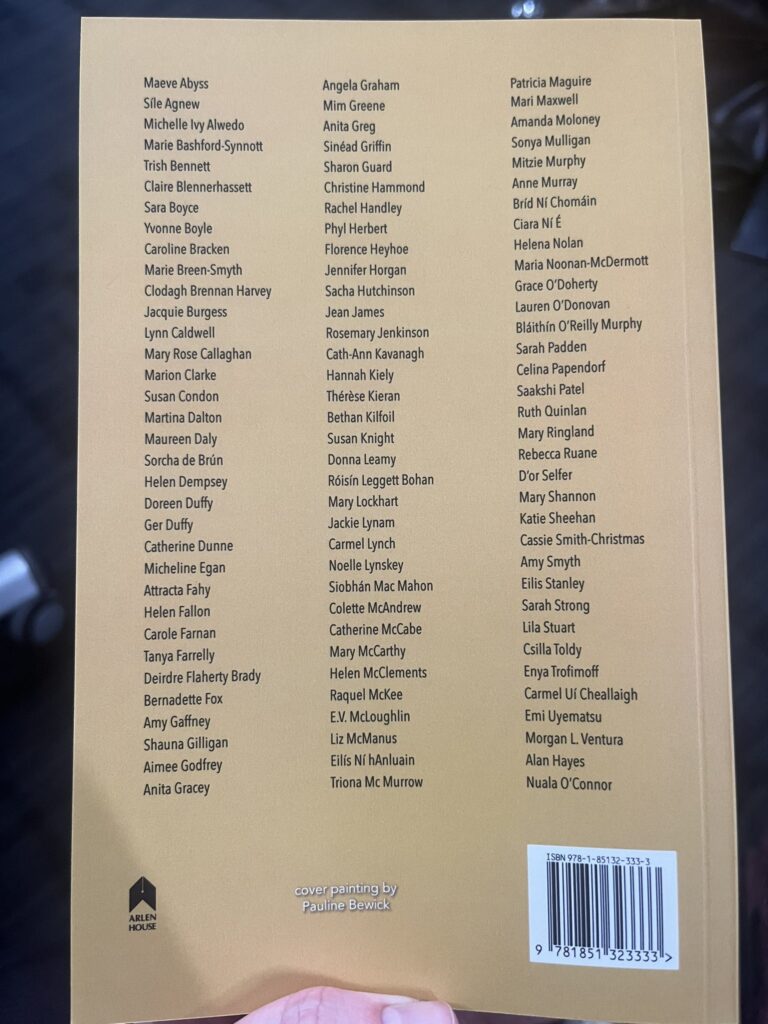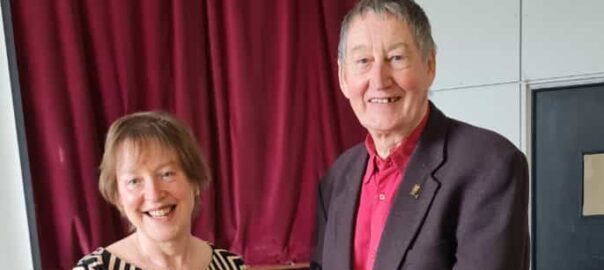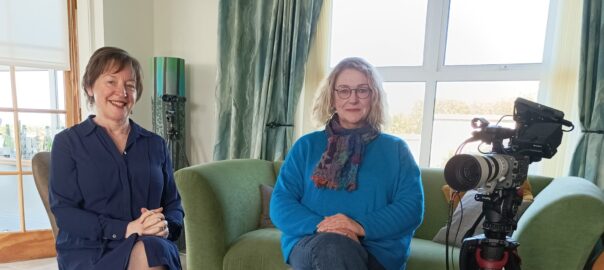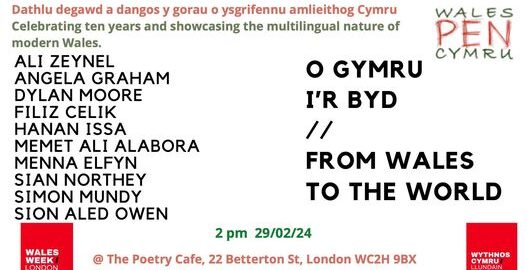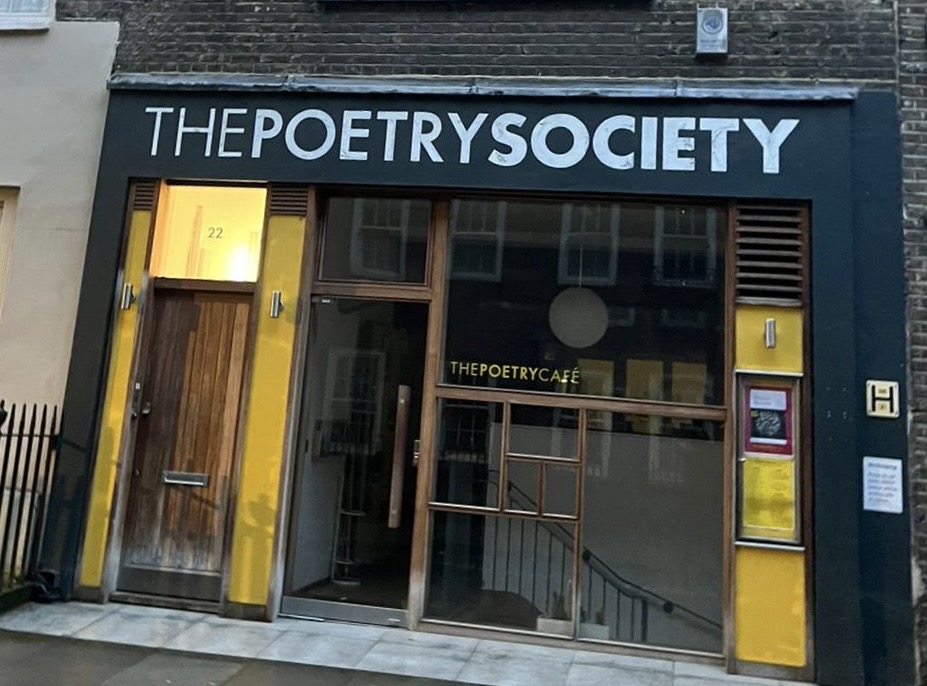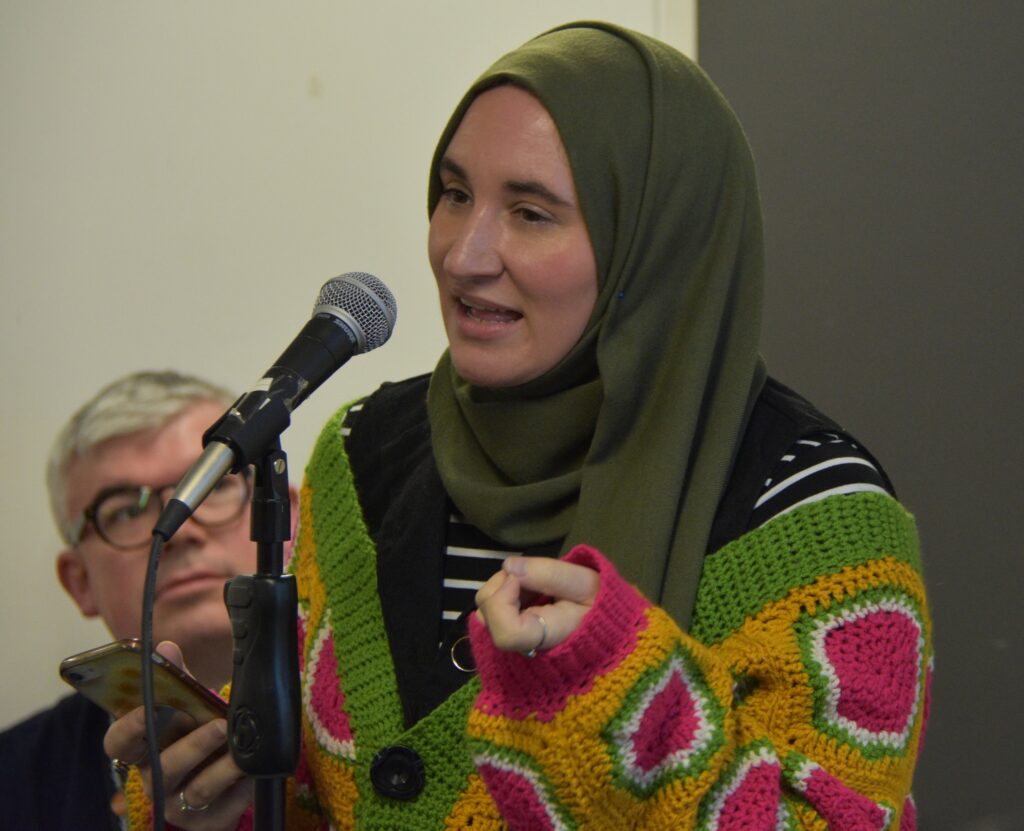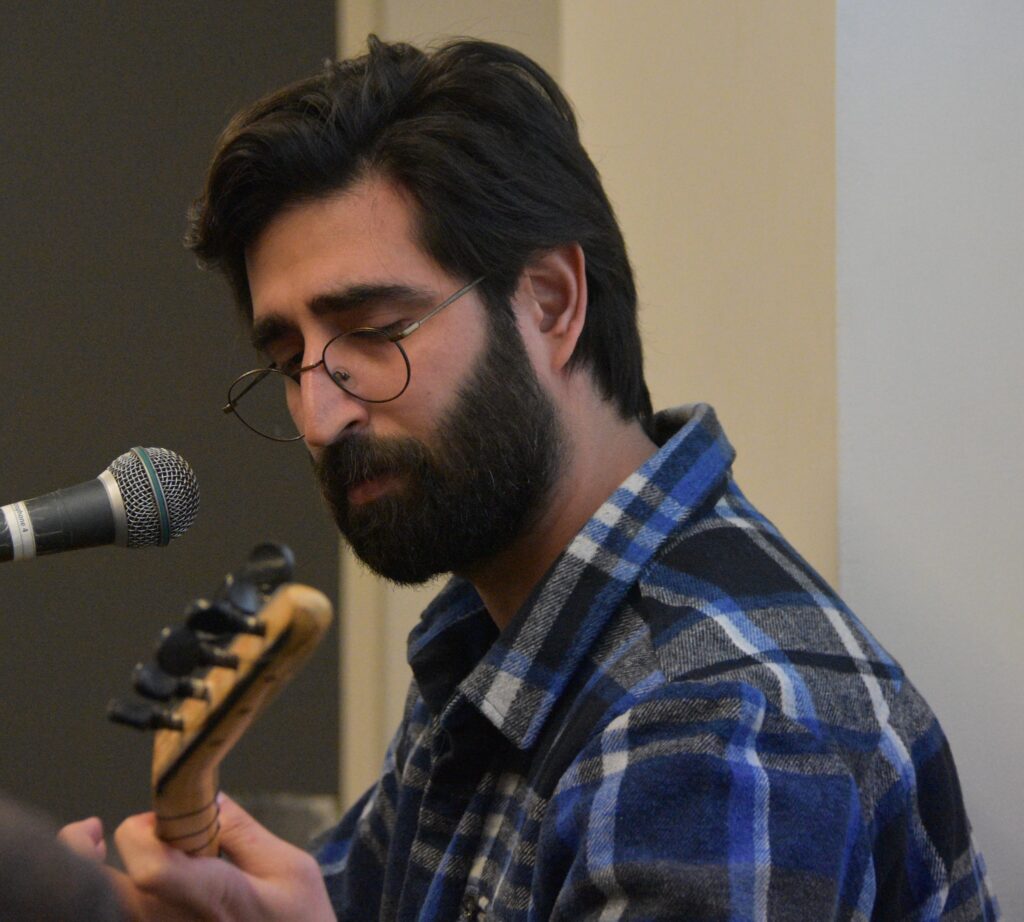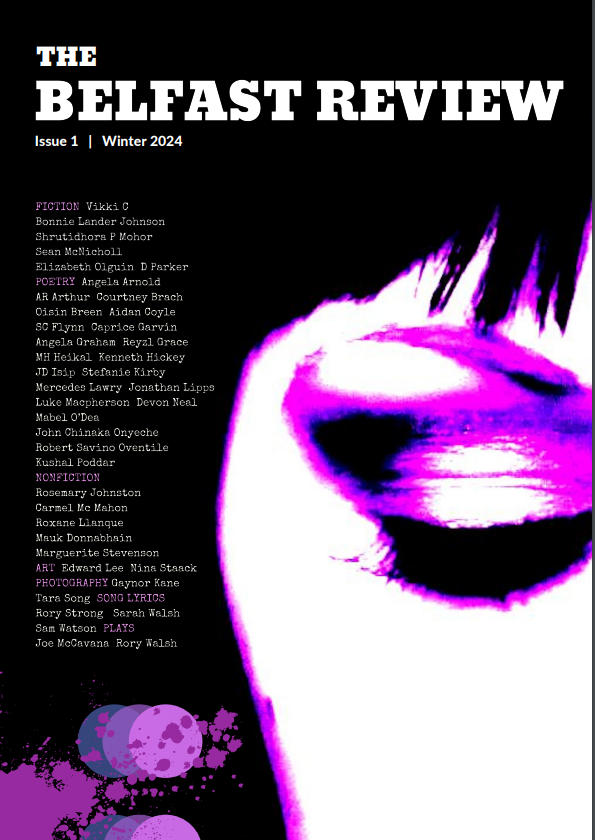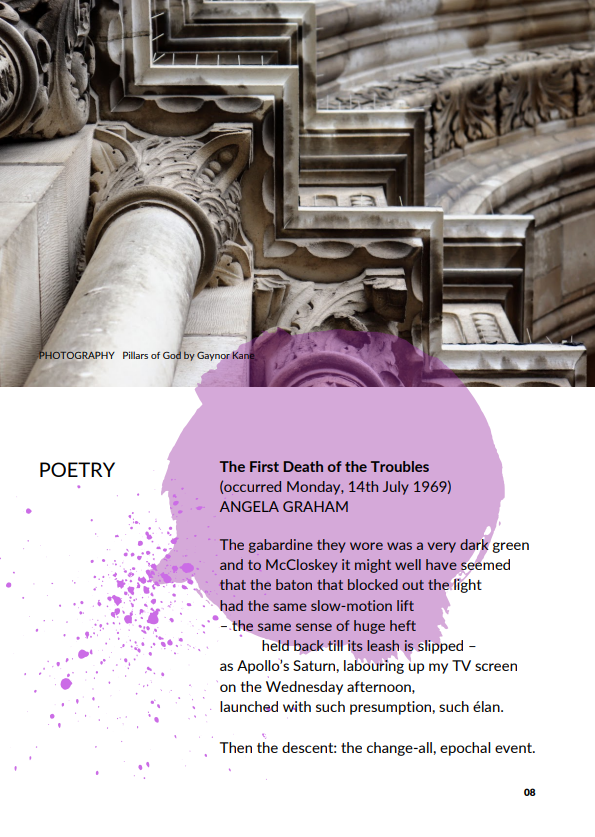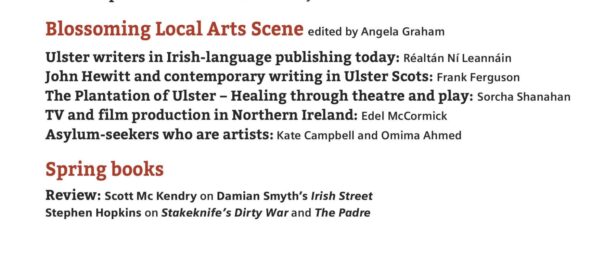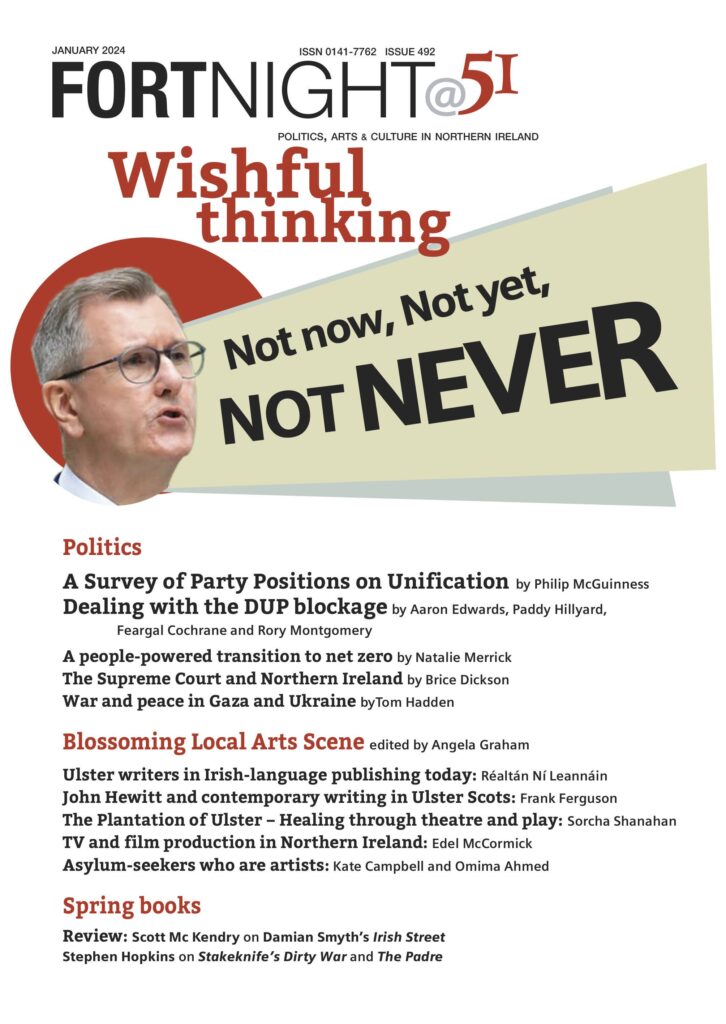The TRIO International Poetry Competition is open until 31st October. I have the happy task of judging the entries.
Last year’ s competition was judged by Mike Jenkins, a former editor of Poetry Wales, a winner of Wales Book of the Year and currently co-editor of Red Poets. First Prize was won by Jim Green; Second Prize went to Jenny Mitchell and Third to Glen Wilson. The winning poems can be read here.
All entry fees will be used to purchase books and equipment for the first school to be built on Uganda’s Agaria Island. Pictured is Lucy who is a Primary 2 pupil at Agaria Island’s provisional school, working from temporary premises until the new school is completed. Lucy writes poetry and stories… when she has pens and pencils. (Image used with permission).
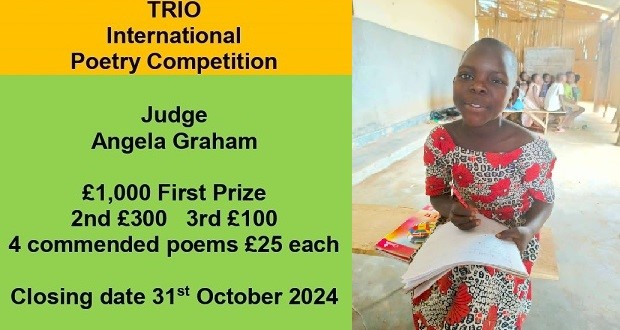
The competition is organised by Jon Sait who won the Poetry Society’s 2004 National Poetry Competition with his poem ‘Homeland’. Read his poem here. Jon is Treasurer and UK Co-ordinator of the volunteer-led charity, Trio Uganda.
Entry details https://www.triouganda.org/poetry-competition
CLOSING DATE 31ST OCTOBER 2024
